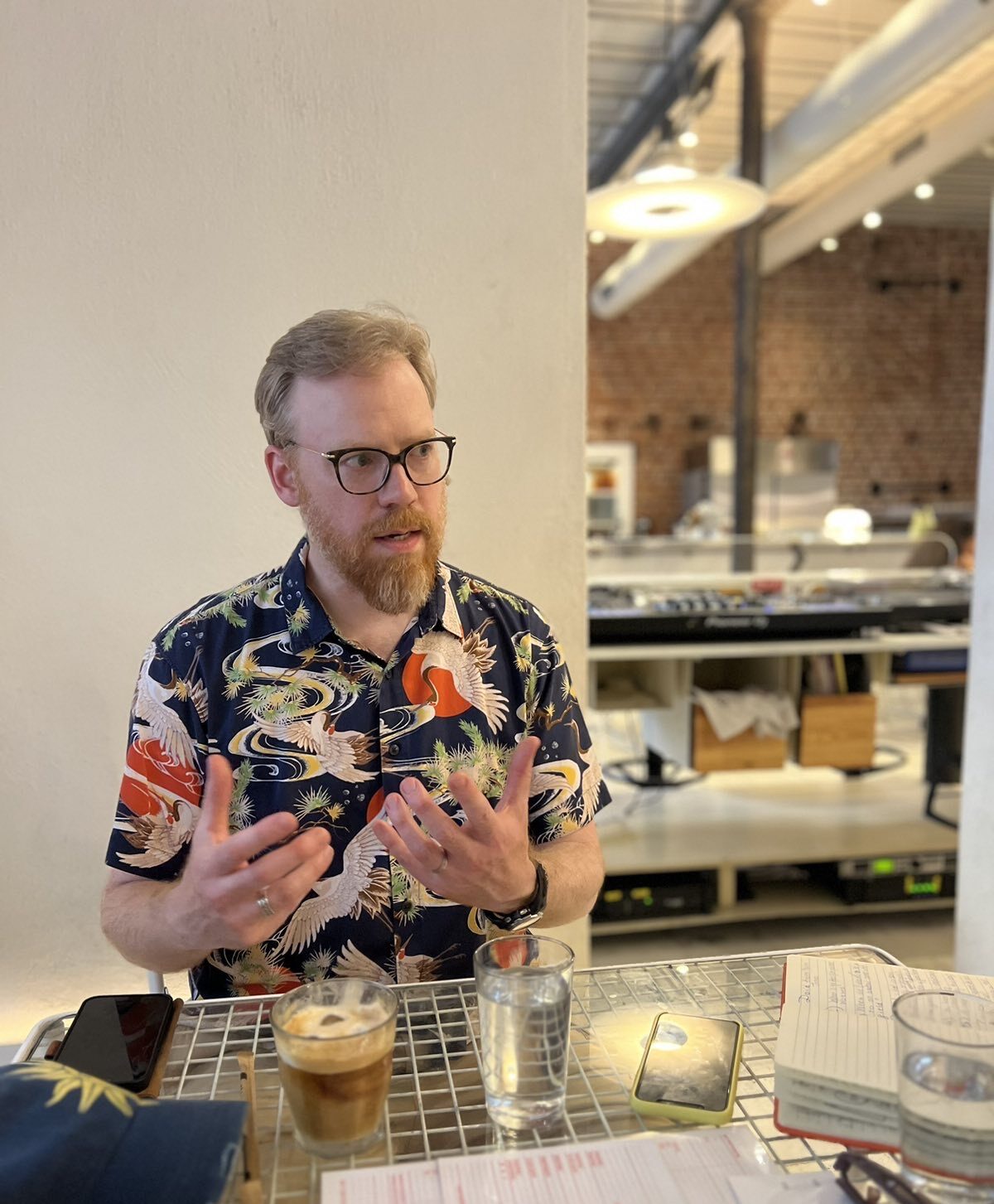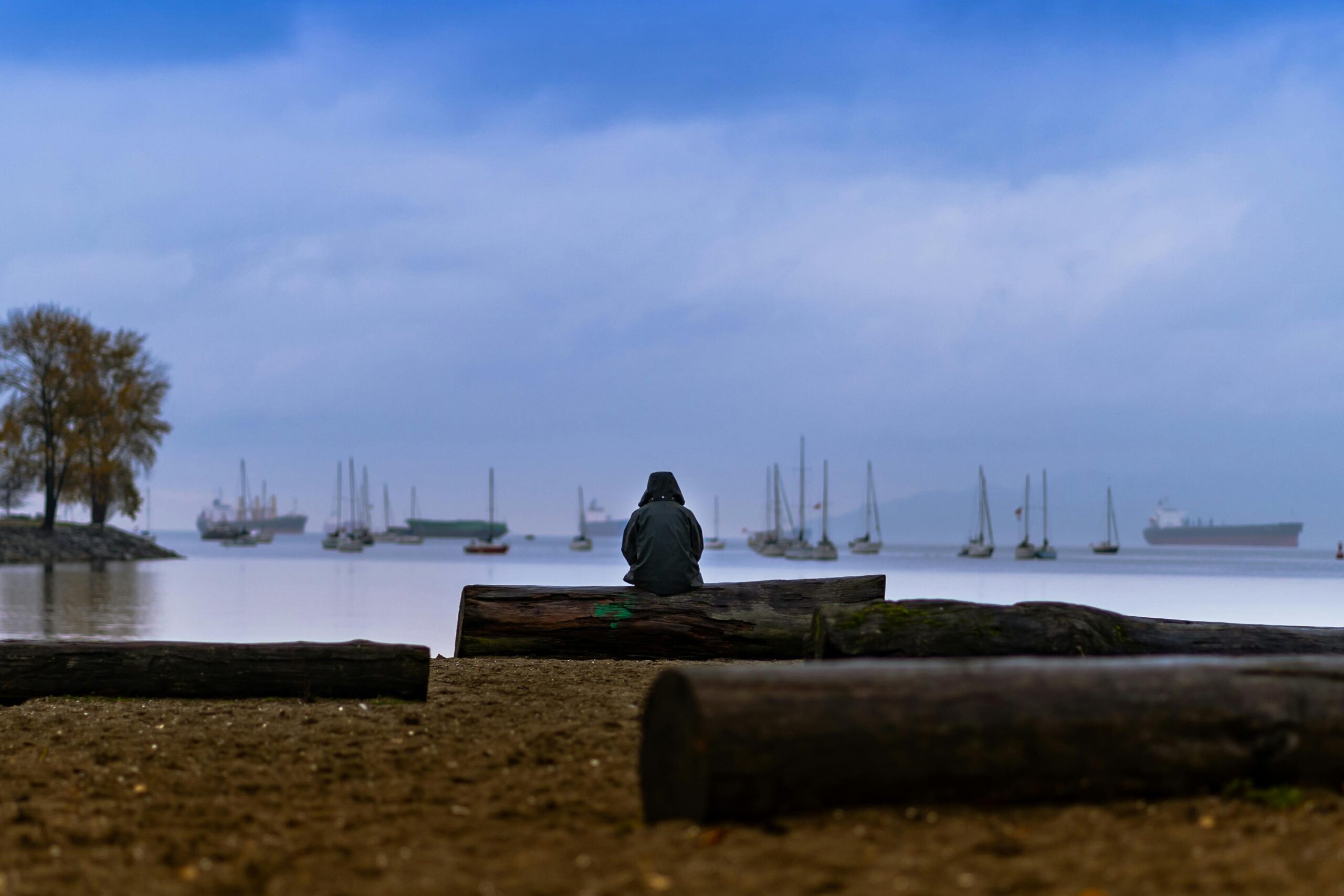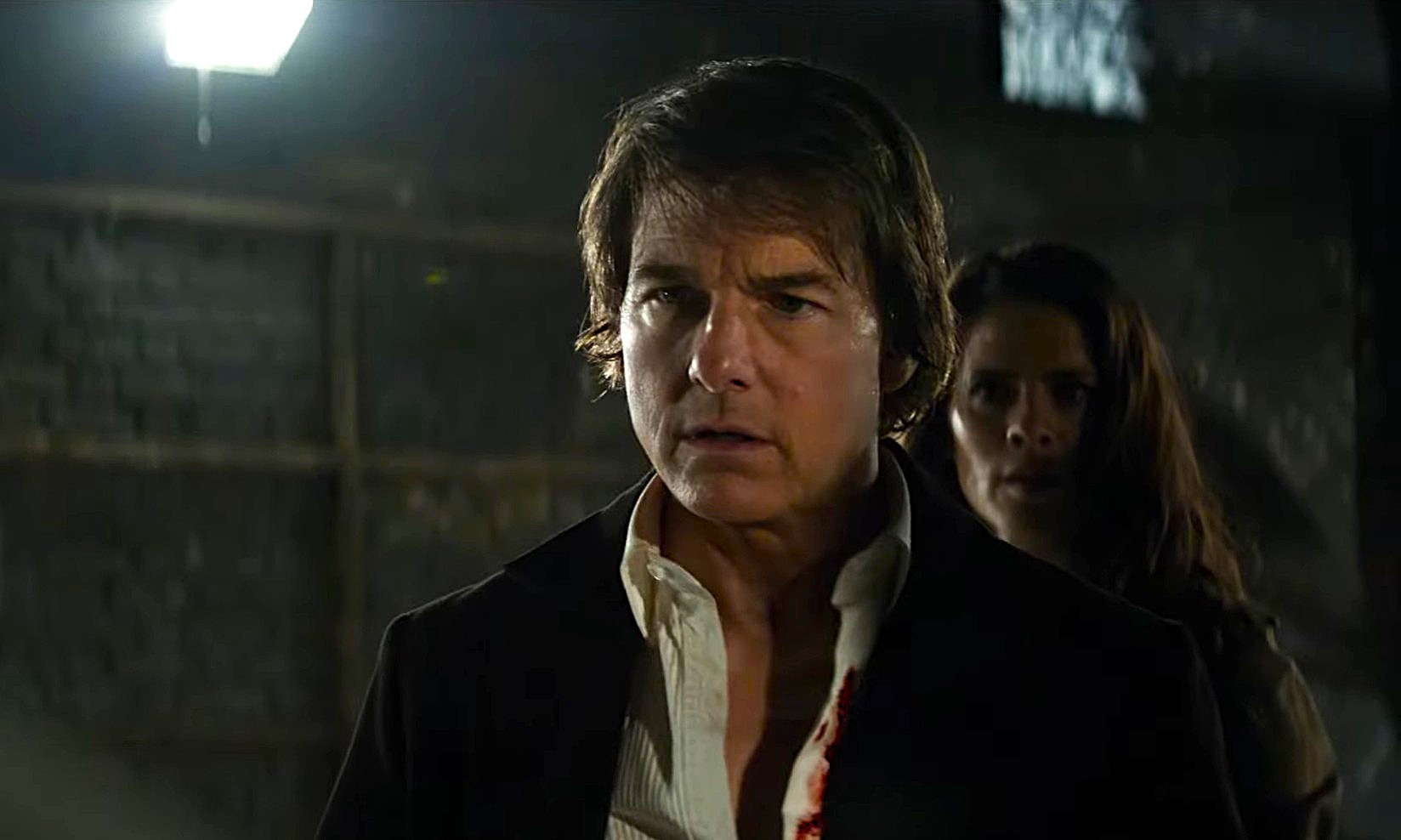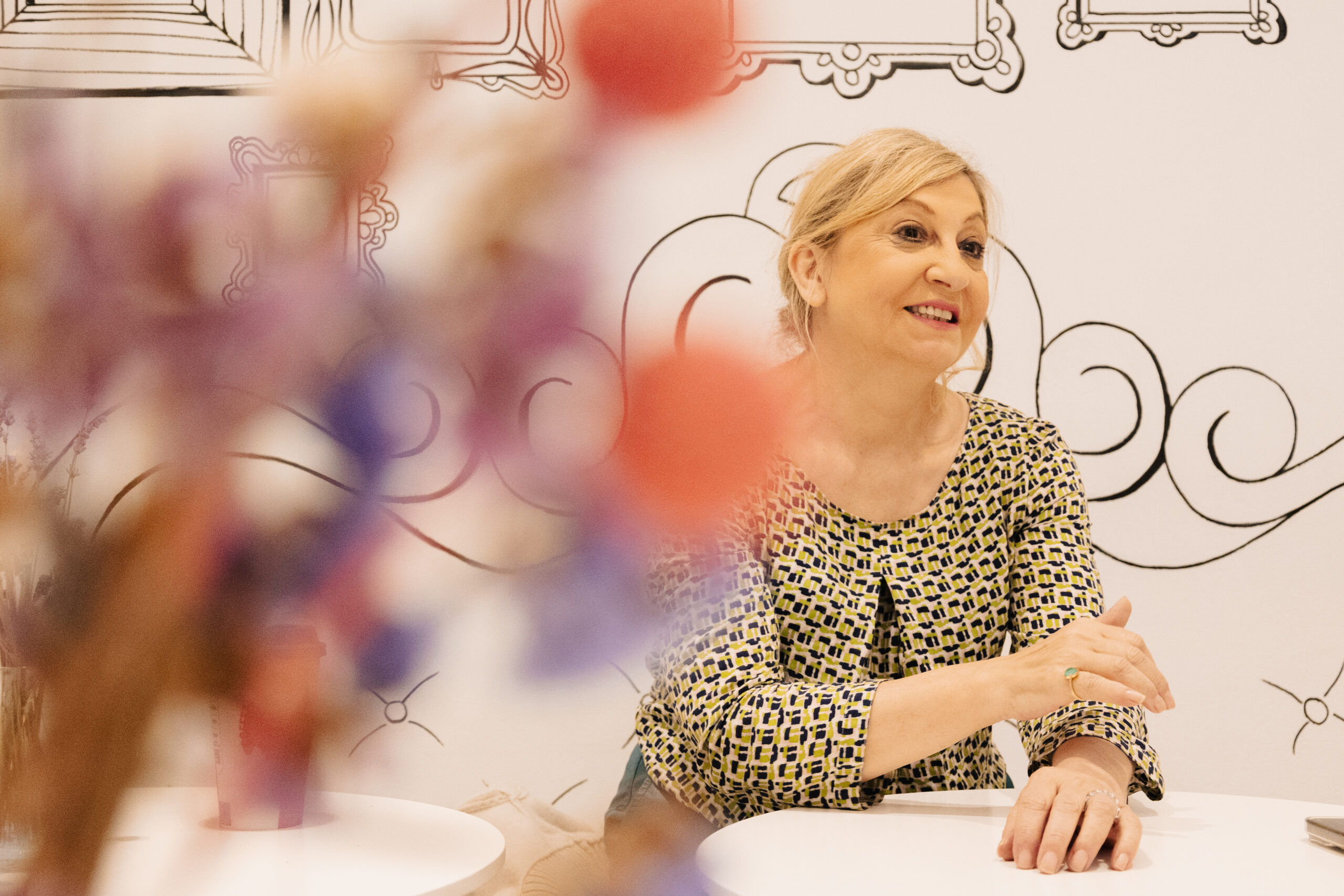When I arranged the interview with Mr. David Martin-Jones, professor of Film Studies in the University of Glasgow, I expected our conversation to revolve around one of my favorite topics, cinema. And I was right, but not completely. We did talk about cinema, but not in the way that I was used to: we didn’t talk about our favorite films, the acting or plot holes in them, not even about how many of this year’s popular films each of us had watched (Mr. Martin-Jones himself told me that he’s not a cinephile, he’s just a person who studies film). Instead, what we did talk about is the influence of certain political, economic, or cultural factors on certain aspects of his academic field, from the Korean “Hallyu” to what the creators in Uruguay might think of their work. He showed me “the world of cinemas”, a world I really love, from an entirely different, holistic perspective. I sincerely thank him for this discussion.
-What is the first film you ever watched and how have things changed since then?
-Great question. I can recall watching those 70’s, and 80’s popular Hollywood films, like “E.T” or “Tron”. What I think is interesting about this film is that everyone wanted to see “E.T”, so my father took my brother and me to see E.T but we couldn’t get in, it was sold out. So instead, he took us to another cinema down the street and we saw “Tron”, a film about a guy, a young Jeff Bridges, who gets sucked into a computer game. Around that time, the film industry, especially in Hollywood, was becoming part of a much bigger business. Films like “Star Wars”, “E.T” and “Tron” rolled people back into cinemas and started becoming sort of a shop window for all the other merchandise (video games, toys, lunchboxes, clothes, comics, television series, so on), which often makes more money for a multinational company than the film itself. Today we get to “Barbie”, this culturally important doll and it does make you wonder; what’s pushing and what’s pulling – the film, or the toys?
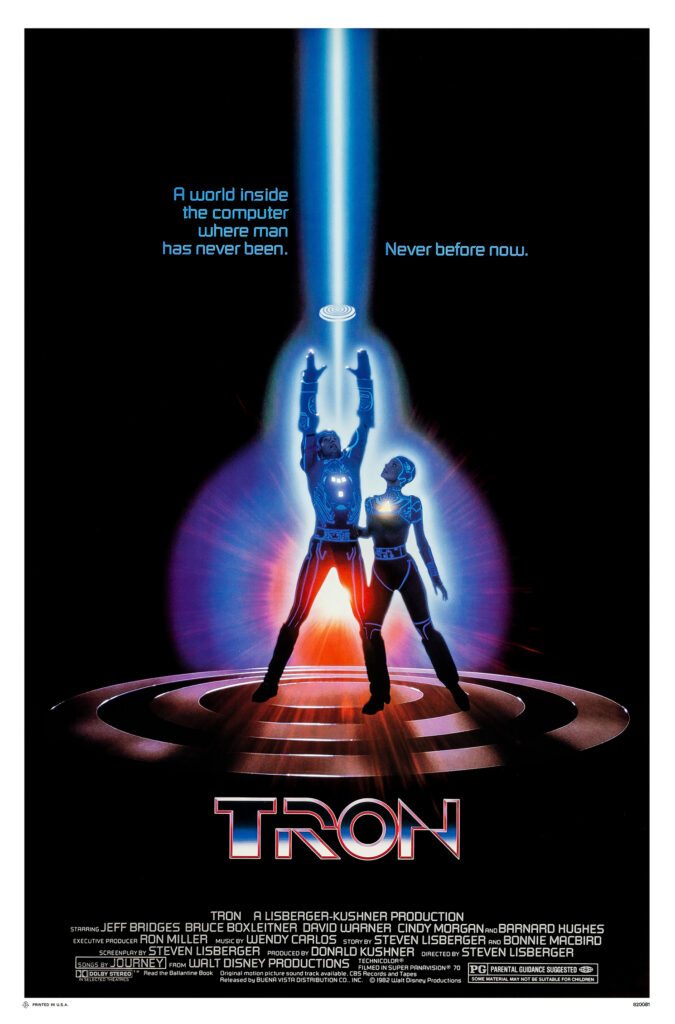
-When and how did you decide to lead an academic career in the field of cinema?
-I don’t think I ever decided to do it; it kind of happened. My first degree was in literature and at that time, I didn’t even know I could study film. So, while I was studying literature, some of the younger and cooler lecturers started including material about film in their lectures, partly to keep the students interested. It was an actual crossover: you could study adaptations of Dickens or Shakespeare, or you could study film form much as you do the form of a novel or a poem, and when I did, I realized that I liked that more.
I realized I was interested in the theory of it all as well. I may study film but I’m not so much of a cinephile, I’m more of a theory head. Luckily, cinema and theory go hand in hand.
When I watched Japanese films by Kurosawa for my degree, it was the moment I realized I wanted to study film. I started watching art cinema films from the festival circuit. Art cinema even though we want to believe that it’s art, but it’s still commerce – a niche product for a different marketplace.
Some former colleagues wrote a useful scholarship about how the festival circuit is a distribution platform in its own right. We have multiplexes with blockbusters, but we also have independent cinemas which feature award-winning festival films. Many films are only watched by a certain festival circuit or other distribution platforms that my colleagues pointed out, such as on airplanes. It is interesting to think about the global nature and the geopolitics of the industry. But today I’m still enthused by the ideas of each film. Some of the Kurosawa films, for example, like “Rashomon” revolve around complex ways of understanding memory.

-What are your academic interests today?
I have been teaching Japanese cinema for 20 years and recently I’ve been teaching South Korean cinema. Often people talk about the “Hallyu”, the Korean wave as it’s called, which is famous because of the amazing cultural productions that everyone worldwide likes. But this is not an accidental phenomenon. In the 1990s and 2000s South Korea decided to emphasize its cultural industries and made strategic plans to do this.
We can call it a way of soft power, many scholars have called it that, and it has helped make Korea known all over the world.
-Didn’t the big break for the Korean Cinema happen after “Parasite” and that year’s Oscars? In Greece at least that’s the case, since the film was on in cinemas for several months. How did you feel about this break since you were before then occupied with Korean cinema?
-I was delighted actually! But also, kind of curious about “Parasite” being chosen because if you know Bong Joon-ho’s films, his very early work like “Barking Dogs Don’t Bite” share the same idea, this critique of what neoliberalism does to society. On the other hand, the director had another big break on Netflix, previously, with another film of his, “Okja”, which I prefer to “Parasite”.
What we should keep in mind regarding “Parasite” is that around the time of its win, “Kingdom” and “Squid Game” and other major Korean television productions became popular in the West, and BTS the band was on tour. We may think that there was a sudden eruption, but the Korean wave had been growing for at least 20 years – and had really made a mark in other international territories – before the West recognized it.
So yes, “Parasite” is a great film, I’m glad it got the Oscar, but we need to remember that it was a familiar concept for Bong Joon-ho and also that this production is part of a big investment of South Korea in their cultural industries. They may not make Hollywood’s money but at least it created jobs for the people and ultimately made films like “Parasite”.
-Since you have also studied the truly interesting field of cinema ethics, here’s a flaming question: can we separate the art from the artist? What happens with films whose creators have been accused or charged for violent crimes? To be honest, the creator I have in mind is Roman Polanski.
-That is difficult to talk about. I read Emily Nussbaum’s “I like to watch”. She writes very astutely and I learned a lot from reading her work. She discusses at length how a person with a very questionable ethical approach to life can still make a progressive film that can positively affect people. She really explores this conundrum, until it is exhausted, but she cannot find a way past it. What she concluded out of that was that we should talk about other kinds of films. I take that quite seriously. I think most Film Studies scholars do. Nowadays we are starting to pay much more attention to works by women directors, and directors from the Global South generally speaking.
My work in film ethics is different, it is about trying to understand the encounter we have with the films we watch and what it means to watch a film, the same film from other parts of the world, and how that can be an ethical encounter.
-This reminds me of my experience with “Oppenheimer”. While watching the movie, I couldn’t help but wonder what people in Japan felt while watching it. Do you have any insight on that?
-Good question. I haven’t watched it, but it is a complex territory. There is a famous film from about 1973 called “Battles without Honor or Humanity” and it begins with a nuclear explosion. It is a yakuza or gangster film. In the 1970s, Japan, like most countries, experienced declining cinema audiences because of television. The only genres that survived in movie theatres at that time were Godzilla films (mainly reconceived for child audiences), gangster films, and some romance films (which blended in soft porn characteristics). This film, “Battles …” is set just after World War Two, while people were trying to survive and rebuild their lives and their world, in the devastation left by the war. A lot of organized crime comes into that void.
To stick to your question about “Oppenheimer”, the thing about “Battles without Honor or Humanity” is that it firmly puts the blame for Japan’s situation on the US, and the nuclear strikes which ended the war. So, a lot of the discourse about this film is about why they created it in the 70s. What was changing in their political landscape that allowed them to say, “The reason we are where we are is what happened at the end of the war”? Suddenly the USA’s deployment of nuclear strikes becomes an “origin” for the contemporary state of Japan. Which has some truth to it. But it also somehow turns attention away from, or even erases from causal memory, Japan’s own role as an imperial power prior to that.
What happened before the war, the colonial history, may seem less important as a result. As we know they were challenging moments in that history. Why was the 1970s the moment when it seemed appropriate to consider Japan a victim in this way? This is the kind of question we might ask in the classroom in terms of what happened in Japan after the war – their experience of US occupation and a US led reshaping of Japanese society, and the popular protests against this which arose in the 1960s against the continued alignment of the two nations, for example.
When we talk about the end of the war, these explosions were horrific, No question. But in terms of representation in movies, we find a very complex political terrain regarding how you recognize your history, so I have no idea what the Japanese might be thinking about that, in terms of “Oppenheimer”.
-From what I can understand from our discussion, when a movie is released it is never pure art, it’s always related to something else, whether it’s the political landscape or some financial motive.
-Yes, and it’s always debatable whether the filmmakers were interested in that, or they were just making the film in a way they thought they should. I come from the UK, and we had Brexit. Around that time there were some films like “Dunkirk” which refers to Britain and the war. Even though I very much doubt if Christopher Nolan wanted to make a film that relates to Brexit, by the time it was released it was inevitably going to be discussed in relation to it, due to the way that the Brexit referendum played on nationalism, and evoked nostalgia for both the British Empire and the Second World War.
Even more interesting than that is the television show “Outlander”, which is based in Scotland, where I live . “Outlander” is a romanticized view of Scotland in the pre-Culloden era; in 1746, at Culloden, there was a battle that changed Scottish history and the history of the United Kingdom as we have come to know it. The series came around 2014 when the referendum for Scotland’s independence took place. It looks as though the Westminster government was able to arrange that this show aired not on terrestrial television but only on a streaming platform, simply because of the influence it could have.
-Can you suggest a couple of films that you believe someone must watch during their lifetime?
Since I spend every day talking and writing about films, the impact they have on me may change. But we can talk about some contemporary filmmakers who are valuable now. From the US, Jordan Peele is an interesting creator. His films are about race, and they are carefully designed.
Internationally, a very different and amazing filmmaker is Apichatpong Weerasethakul who won the Palme d’Or in 2010 for his film “Uncle Boonmee Who Can Recall His Past Lives”. His films are available on several international platforms, so you can find them.
In terms of women directors, I have many great examples, but I will single out just a few. Naomi Kawase from Japan and particularly her film “Sweet Bean” which is about an elderly woman who wants a job as a cook. We learn that, sometime after the Second World War, she contracted leprosy, and lived in a sanatorium her whole life. She must deal with the stigma of her disease but she still manages to connect with people. It is very moving indeed.

Once of the most artistically successful films of recent years was Mati Diop’s “Atlantics”, which won the Jury Prize at Cannes. Diop is French-Senegalese. It is available on Netflix. It is remarkable. It is a film which attempts to decolonize how we think about global structural inequality, climate, history, and societal gender roles. It is also a gripping ghost story which appeals to younger viewer.
Finally, from Argentina, Lucretia Martel has made some amazing art films, perhaps the one which will stay with you for a long time is “La mujer sin cabeza/The Headless Woman”, which is a critique of neoliberalism and the legacy of settler colonial heritage and ongoing class privilege on the youth of Argentina in the era after the end of dictatorship. It is one of those dark films in which not much seems to be said, but so much can be understood from what is not said and it is so uncomfortable to watch.
I would say that those are three important contemporary women directors to add to the list of men filmmakers which are much more well-known worldwide (Scorsese, Spielberg, so on). But there is a problem that we have, that the movies of some great film directors tend to disappear, especially if they are from the smaller filmmaking nations. So we must keep all the archives and educate people about world cinema, which is so rich.
We mustn’t only teach people about Hollywood and some European films but the cinema of the whole world. It is very important because these movies keep alive the memories of the world.
-How do you feel about the recent, famous “Hollywood strikes”?
We need to remember that lots of people all around the globe have been striking. In my humble opinion, we are dealing with a much bigger picture about neoliberalism. I would put that in this context.
One thing which is happening is that because the film industry is global people are running out of work in other countries – places where Hollywood often sends its outsourced filmmaking like the UK – due to the lack of work available generally. So we really see how intertwined the big picture is nowadays.
-Is the world of cinema as we know it forever changing with AI taking over?
-It’s just so hard to understand what is going to happen. It could be a good thing to help labor, but it could also mean that the whole world as we know it will change. We have seen mobile phone apps alter people’s working conditions. People losing jobs in all kinds of industries, for example around taxis, and what apps can give to the consumer in this respect (cheaper taxi fares, generally), but what they may also remove for the workers (such as pension rights, sick leave allocations, etc.). Will AI be as transformative, for our lives, for cinema … I wish I knew!
But personally, what I’m more worried about today is not AI but the climate crisis. We talked about “Uncle Boonmee”. Films like that attempt to make us think about if the Earth was trying to talk to us about what is happening to it, what would it say?
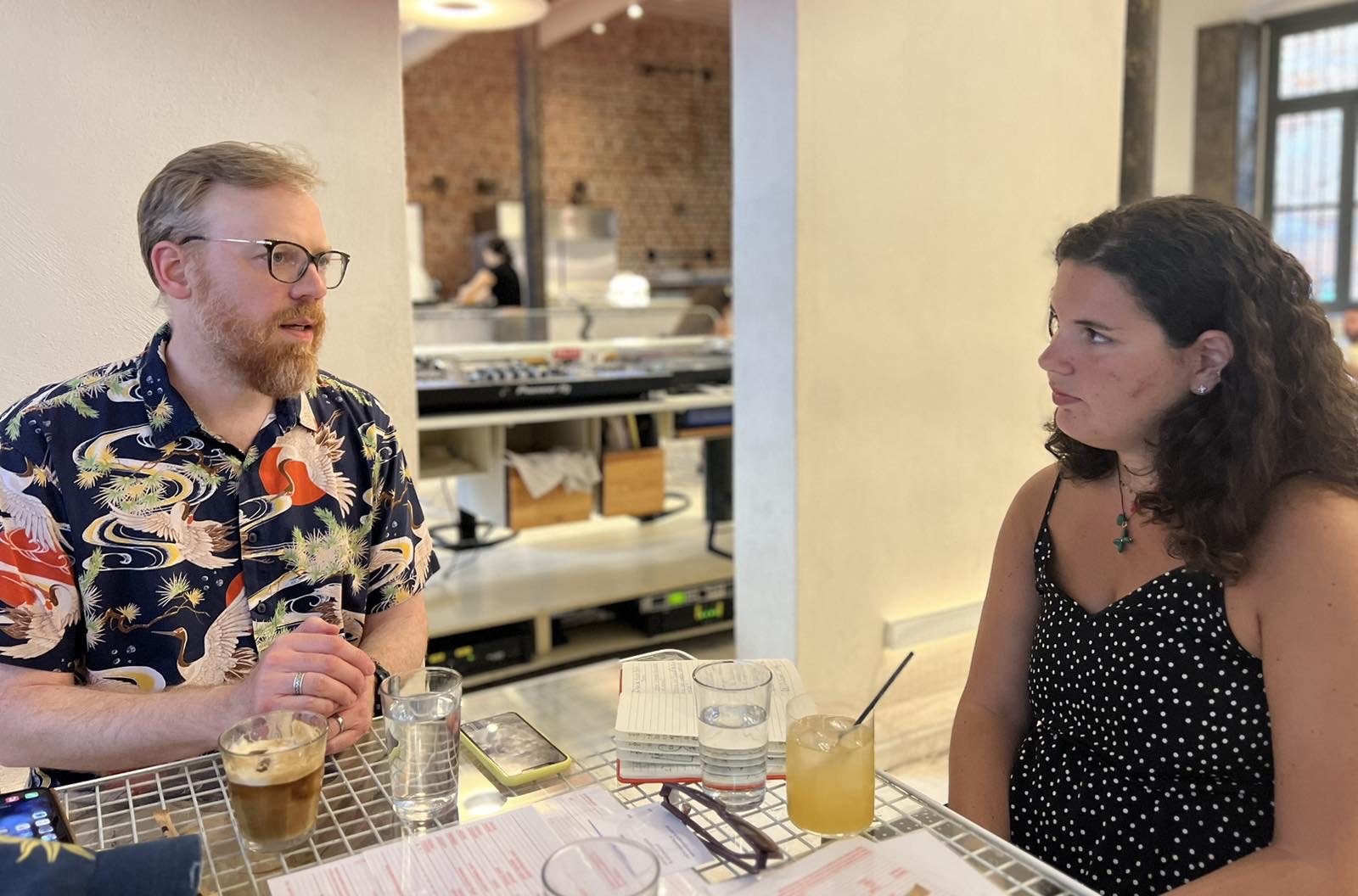
-I read that you conducted research in cinemas in Uruguay and South Korea, would you like to share something from your experience there?
-I worked a lot on world cinema, or “a world of cinemas” as I have learned to call it, and I have been trying to answer the question: what does it mean to try to talk about a film in a particular place? What I found out is that you must respect the history of the place, the social context, and the fact that these films will represent that to some extent.
But also, when they’re maybe aiming to go international, even though we have a Uruguayan film and we try to learn about Uruguay we acknowledge that it is a small country with a small domestic market, so the filmmakers want the film to go even further. They want to make a universal story for more people to relate to and eventually for the film to make a profit.
The reality of the geopolitics of the film industry is that increasingly many films are international co-productions. Uruguayan films that have won awards in festivals are often co-productions with Argentina which has a big film industry, and it is only one hour away by plane.
At a certain point you start to see the industry is transnational and what I have learned from this is that if you look across very different films from around the world there are patterns to be discerned across a world of cinemas.
Sometimes cinema can seem like a giant global body that is trying to tell us something. That might sound ridiculous because cinema itself doesn’t think, right? It’s just a thing that we make as humans and yet, if you think about what happens when we make it and we archive it, it is like his virtual revision of the world that becomes our memories. If you’re shifting through films, it’s like you’re shifting across the world’s memories.
-Last but not least, what do you feel that you gain from teaching?
-The students come to me with fresh, different ideas and different takes on material. Even if you have taught something for several years, they might see new things in it. So I learn a lot from them. But also, you start to see what’s coming now and how it is connected to the past, which is the role of the lecturer and how they can help the students. I can clearly see that “now” might not be as new as we think it is. “Now” is another layer, and among those different layers of history there are in fact many similar things happening.
Interview: Aphrodite Kerameos


